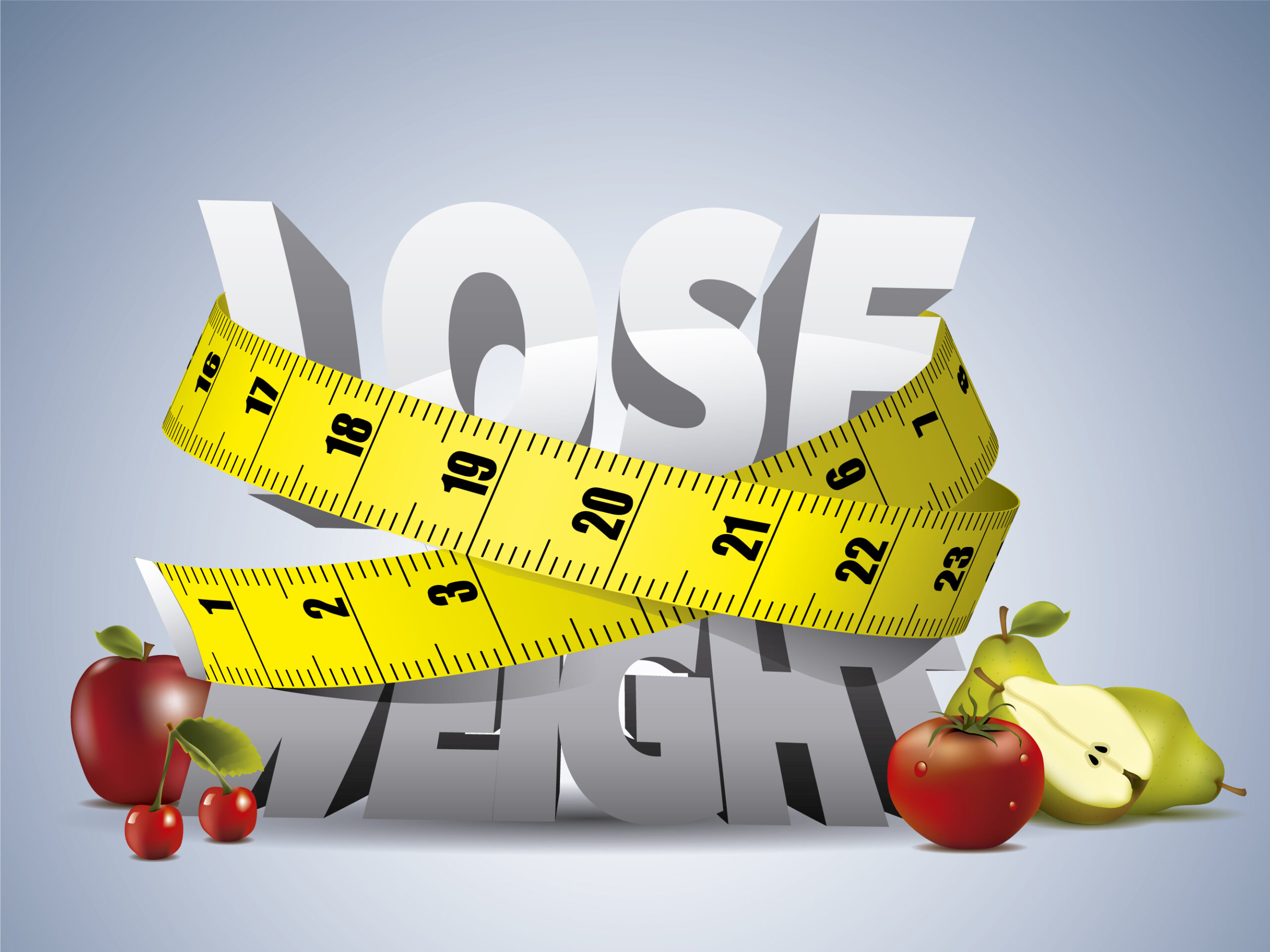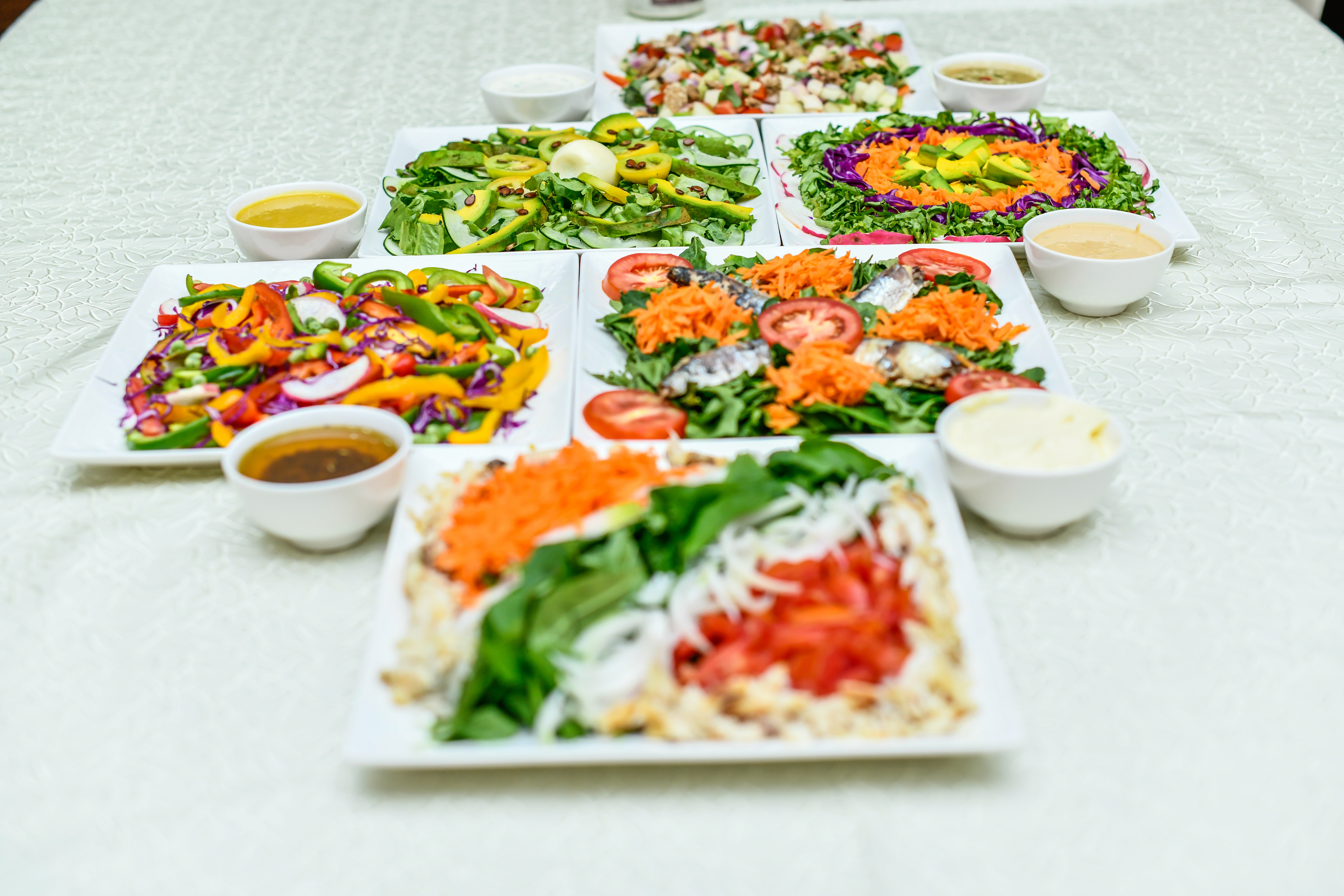
Myths about Weight loss Debunked!
- May 30, 2022
- by
- Khyra
The beauty of food as medicine is that the choice to heal and promote health can begin as soon as the next meal. However, a person who wants to heal must be willing to give up the habits that made him sick. So much is said about losing weight that it can be hard to sort Science from Pseudoscience. Here’s the truth about 10 common weight loss myths;
A radical exercise regime is the only way to lose weight!
Not true. Successful weight loss involves making small changes that you can stick to for a long time. Consistency should be your watch word.
That means being more physically active in your daily routine. Adults should get at least 150 minutes of physical activity such as fast walking or cycling every week, and those who are overweight are likely to need more than this to lose weight.
To lose weight, you need to burn more calories than you consume. This can be achieved by eating less, moving more or, best of all, a combination of both.
Healthier foods are more expensive
It may seem that healthier foods are more expensive than their unhealthier alternatives. However, if you try replacing ingredients with healthier alternatives, you’ll probably find your meals will work out costing less. For example, choosing cheaper cuts of meat and mixing it with cheaper alternatives such as beans, pulses and frozen veg will make it go further in casseroles or stir-fries. Learn more about eating well for less in this blog.

Carbs makes you put on weight
Eaten in the right quantities and as part of a balanced diet, carbohydrates will not, on their own (that is, without butter, creamy sauces and so on added to them) lead to weight gain. Eat whole grain and whole-meal carbohydrates such as brown rice and whole-meal bread, and potatoes with the skins on to increase your intake of fiber and don’t fry starchy foods when trying to lose weight.
Starving myself is the best way to lose weight
Crash dieting in time for Christmas for example is unlikely to result in long-term weight loss. In fact, crash diets can sometimes lead to longer-term weight gain. The body also switch-on to mechanisms that enhance weight gain as a survival mode, making more difficult to lose weight. The main problem is that this type of diet is too hard to maintain. You may also be missing out on essential nutrients as crash diets can be limited in the variety of food consumed. Your body will be low on energy, and may cause you to crave high-fat and high-sugar foods. This can lead to eating more calories than you need, causing weight gain. Learn more about a healthy diet and how to lose weight sensibly.
All slimming pills are safe to use for weight loss
No slimming tablet is safe for weight loss. The weight loss market is awash with hundreds of products claiming to give you back your teens shape for the price of a few hundred bucks! Much of these products are un-prescribed, unlicensed and poorly researched!
Foods labeled ‘low fat’ or ‘reduced fat’ are always a healthy choice
Be cautious. Foods labeled “low fat” have to contain no more than a specific amount of fat to legally use that label. If a food is labeled as “low-fat” or “reduced fat”, it should contain less fat than the full-fat version, but that doesn’t automatically make it a healthy choice: Check the label to see how much fat (and the type of fat) it contains. Some low-fat foods may also contain high levels of sugar.
Cutting out all snacks can help you lose weight
Snacking isn’t the problem when trying to lose weight: it’s the type of snack. Many people need a snack in between meals to maintain energy levels, especially if they have an active lifestyle. Choose fruit or vegetables instead of crisps, chocolate and other snacks that are high in sugar, salt and fat.
Water makes you add weight
Water not only helps you to lose weight, but it keeps you hydrated and helps you snack less. Water is essential for good health and wellbeing. Sometimes thirst can be mistaken for hunger, if you’re thirsty you may snack more.
Skipping meals is a good way to lose weight
Skipping meals is not a good idea. To lose weight and keep it off, you have to reduce the amount of calories you consume and increase the calories you burn through exercise. But skipping meals altogether can result in tiredness and may mean you miss out on essential nutrients. You will also be more likely to snack on high-fat and high-sugar foods, which could result in weight gain.
Weight gain is inevitable as you grow older
Another myth that is wrecking lives! Your lifestyle is the cause of weight gain not that you now count your birthdays beyond the 50s. Stay active, eat foods in moderation, exercise and be generally upbeat and you will surely look good.








